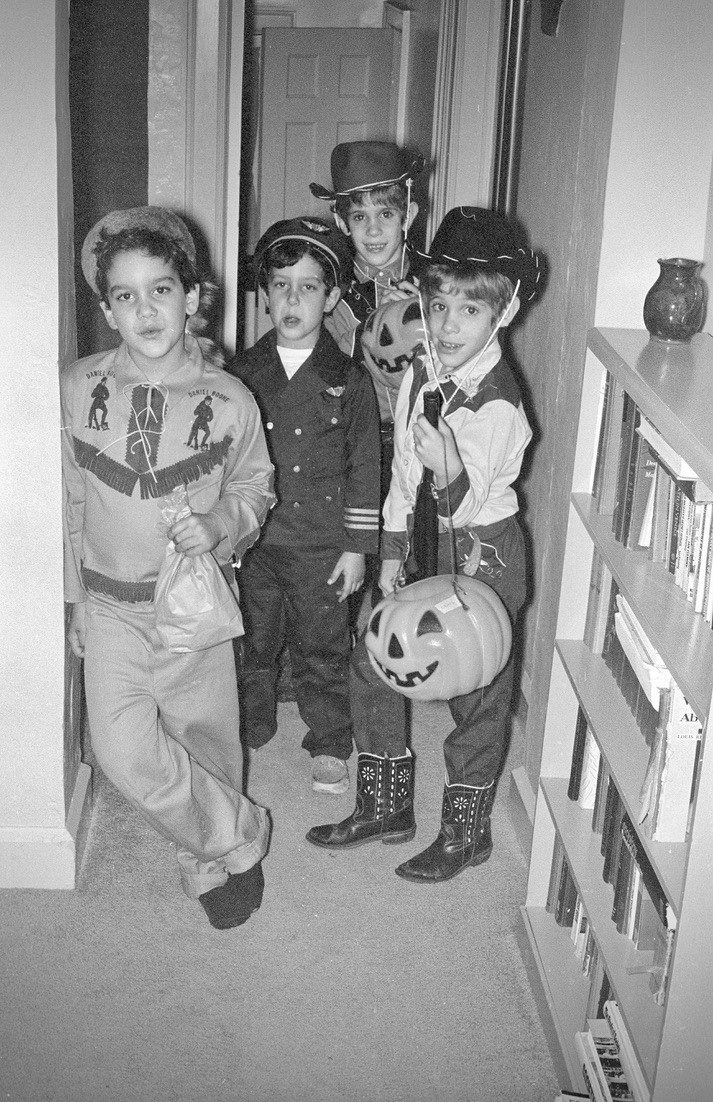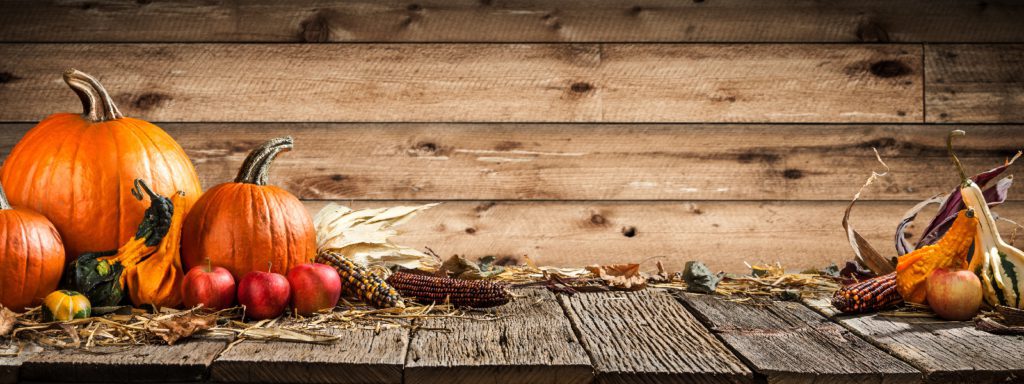What are the things we’ll tell our children this Thanksgiving?
In the famous musical by Stephen Sondheim, Into The Woods, he reimagines fairy tale stories and stretches our imagination by inviting us to ponder these familiar stories from many angles. In doing so, he challenges us to hold the complexity that each character in these familiar tales has about his or her own narrative, struggle, victories and failures, and often quite complex moral life. A powerful motif throughout the musical is how adults impart these stories to our children. In the finale of the musical, there is this wonderful set of lyrics:
“Careful the things you say
Children will listen
Careful the things you do
Children will see and learn
Children may not obey, but children will listen
Children will look to you for which way to turn
To learn what to be
Careful before you say “Listen to me”
Children will listen
Careful the wish you make
Wishes are children
Careful the path they take
Wishes come true, not free
Careful the spell you cast
Not just on children
Sometimes the spell may last
Past what you can see
And turn against you
Careful the tale you tell
That is the spell
Children will listen”
Over the course of the last 10 months, I have occasionally wondered how we will remember this intense year of 2020. What are the stories that we will tell ourselves, our communities, and what will become of our national narrative? Whose stories will get told? Who will be our heroes? Who our villains? Who will be forgotten because it is too painful to remember or deemed unimportant? Which stories may never get told and will have to be doggedly pursued to be brought into our narrative? And what is the responsibility on us, as civil society leaders, to balance all of that?
As we approach this Thanksgiving, I am particularly reflective about these very questions. Through the patient and persistent conversations I’ve had with IS Board Member Sarah Kastelic, executive director of the National Indian Child Welfare Association, and Carly Bad Heart Bull, executive director of Native Ways Federation Inc., I have been profoundly reminded that the stories we have told ourselves about Thanksgiving are from a very particular perspective.
Sarah and Carly are quick to remind me that there’s a reason for that: that there’s been a systematic process to expunge from our national narrative the history of American Indians and Native Alaskans. While I intellectually knew this to be true, it was only recently when I came across this photograph that I was reminded of Sondheim’s powerful warning about the stories that we tell ourselves.
 This picture was taken at Halloween around 1970. I am in the Daniel Boone outfit on the far left with my three brothers–my twin brothers are dressed as cowboys and my little brother as a sailor. Daniel Boone, a frontier “hero” in the eyes of many white Americans, also perpetuated a legacy of genocide and exile for Native Americans. Because of the stories that Sarah and Carly have told me, I wonder what similar pictures would have looked like in 1970 in one of the many tribal nations in North America. What might have it been like for white boys, like me, to grow up learning the stories of heroic Native Americans? What would it have been like if Native Americans learned about their own ancestors in our schools? And how do we commit to telling all these stories today?
This picture was taken at Halloween around 1970. I am in the Daniel Boone outfit on the far left with my three brothers–my twin brothers are dressed as cowboys and my little brother as a sailor. Daniel Boone, a frontier “hero” in the eyes of many white Americans, also perpetuated a legacy of genocide and exile for Native Americans. Because of the stories that Sarah and Carly have told me, I wonder what similar pictures would have looked like in 1970 in one of the many tribal nations in North America. What might have it been like for white boys, like me, to grow up learning the stories of heroic Native Americans? What would it have been like if Native Americans learned about their own ancestors in our schools? And how do we commit to telling all these stories today?
November is National Native American Heritage Month. It is also the month we celebrate Thanksgiving. And in 2020, it is a month in which we will unavoidably have to wrestle with the impact of COVID-19, its disproportionate impact on health and economic outcomes on millions of people in this country, and the powerful racial reckoning currently underway across so many of our communities.
It is evident that it will be inescapable to avoid telling stories that help us make sense of our world this Thanksgiving. I deeply believe in holding gratitude as a posture. And Thanksgiving has always been a time to stop and take stock in the many things for which I am grateful. But it is essential that we remain grounded in a clear-eyed understanding of the impact of this year on our nation, and ask: do the stories we tell ourselves fully capture the experience of all of us living in the United States?
As we move from this season of gratitude to a season of renewal brought by a new year, how will we tell different narratives about our communities, our organizations, and the people we serve?
I, for one, will take Sondheim’s challenge very seriously:
“Careful the stories you tell
Children are listening
Careful the wish you make
Wishes are children
Careful the path you take
Wishes come true”
May you, your colleagues, and your loved ones have a happy and reflective Thanksgiving.



